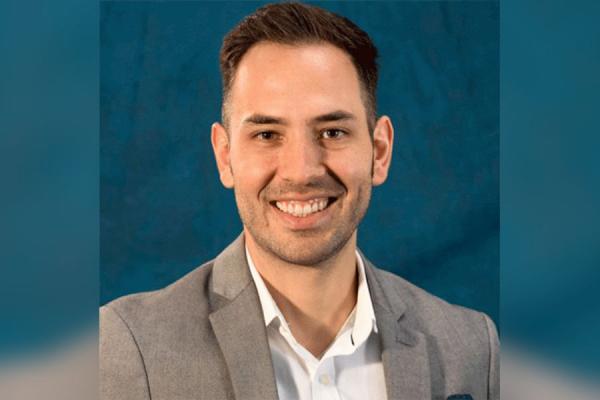Last spring, University of New Orleans political science professor Eric van Holm began studying the data the state of Louisiana was publishing weekly on the number of coronavirus cases. At the time, he was serving on the Louisiana COVID-19 Health Equity Taskforce and co-chairing the Policy and Regulatory Affairs subcommittee.
Van Holm, whose expertise lies in economic development and neighborhood change, said he wanted to use some of his background studying urban and community demographics to help understand the problems related to COVID-19.
“Essentially, we used it to answer whether neighborhoods with more African Americans, more residents over 70, more individuals employed in tourism industries, etc. tended to have more cases of COVID-19,” van Holm said. “The spatial models help to address the fact that even after accounting for community demographics the rates of COVID-19 cases were spatially uneven, there were still areas being under and over-predicted.”
Van Holm’s COVID-19 research analysis titled “Neighborhood conditions and the initial outbreak of COVID-19: the case of Louisiana,” was featured in the June 2020 issue of Journal of Health.
The paper assesses the predictors of outbreaks at the neighborhood level using data from the Louisiana Department of Health. Van Holm used spatial regression models to analyze the case count through May 3, 2020 and its relationship to individual and geographic neighborhood characteristics at the census tract level.
The analysis found a particularly strong and large correlation between race and COVID-19 cases. In addition, neighborhoods with lower rates of poverty and those with fewer residents over 70 have fewer cases, van Holm wrote.
While van Holm’s analysis addressed COVID-19 testing, he said there are parallels that can be applied to help guide administering the vaccine.
“I think there are definite parallels, although I’ll start with a caution,” he said. “The analysis was done in May, so it’s possible that what we found to predict which communities had more cases has changed since then as the pandemic has evolved, though much should be consistent.”
The research identifies groups, particularly older individual and minorities, that were more likely to have cases of COVID-19. If those communities have more spread of COVID-19, it becomes paramount to get those individual vaccinated and to slow transmission within those areas, van Holm said.
“To some degree, the government has already followed that strategy. Retirement homes across the country were early hot spots, and they have been an emphasis with the early vaccines,” he said. “If we can target spaces where the disease has had the largest impact, we can slow its worst consequences.”





